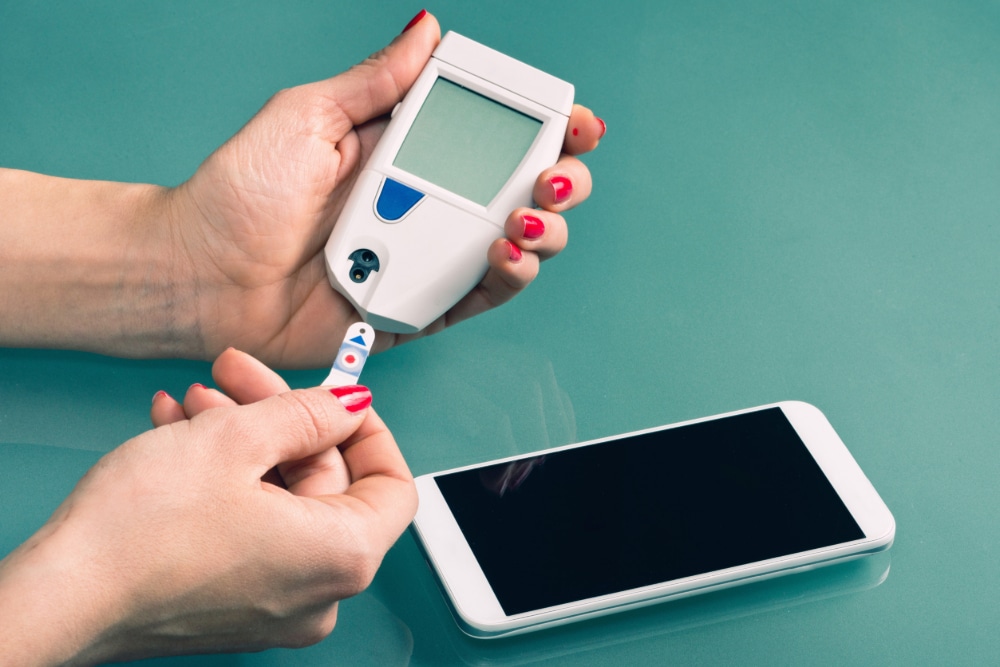The Digital Revolution in Addiction Treatment, Part 2

The smartphone has not only revolutionized communications throughout the world, it has also ushered in a revolution in medical care. Smartphones enable people to alert first responders to a crisis, and to self-diagnose and self-treat many conditions. Smartphones led to the ability to locate medical providers and to rate them as well.
Smartphones made the whole process of making an appointment with a medical provider much easier. Most of the paperwork can be done through the phone, in advance. Automated reminders help patients remember appointments and save medical providers from missed appointments.
As we saw in the first post in this series, The Digital Revolution in Addiction Treatment, Part 1, smartphones have started to make major inroads into the addiction treatment space. Smartphones have opened access to addiction care providers, allowing patients to discover them and review them.
Smartphones have made screening for substance use disorders or behavioral disorders much faster. SAMHSA, the Substance Abuse and Mental Health Services Administration, has pushed the SBRIT protocol which distributes information to care providers on how to do initial screenings in 5-10 minutes using assessments such as AUDIT, DAST, ASSIST and CAGE.
In today’s post, we’ll look at how the digital revolution is shaping addiction treatment, primarily through smartphone applications. We’ll start with the massive therapy portal, TalkSpace, a leader in nurturing telehealth services in addiction treatment.
Last April 29, TalkSpace launched its Behavioral Health Consortium. The TalkSpace Consortium brings behavioral health providers such as Bicycle Health, Ria Health, and Charlie Health, into the TalkSpace network, allowing for in-network referrals. TalkSpace itself is one of the largest in-network digital mental healthcare providers covering more than 130 million people.
We’ve written about Bicycle Health before on AddictionNews. The company claims to be “the nation’s #1 telehealth treatment program for opioid use disorder.”
Ria Health specializes in treating alcohol use disorder through a proprietary telehealth application and support team.
Charlie Health is a telehealth service focused on intensive mental health therapy for young people.
The benefits of telehealth services are pretty amazing. First, scheduling appointments and rescheduling are pretty easy with a smartphone. Second, you can text a therapist anytime, anywhere, and usually get a quick response from a trained professional. This is a fantastic feature for dealing with urges and cravings that need to be addressed at the moment.
Third, the phone will give you access to resources that can help at the moment. The BrainWeighve weight loss app, currently in a clinical trial at UCLA, has short, well made videos from BrainWeighve users explaining how to handle urges or setbacks. BrainWeighve is a project of eHealth International, publishers of AddictionNews. Many recovery apps offer access to a community of users who are struggling with the same issues at the same time.
Ria Health made the news this week when it announced a $18 million Series A round of funding, bringing total funding to $30.5 million, reports Addiction Treatment Business, a publication for investors in the behavioral health space. Ria Health uses digital breathalyzers integrated with its app for remote testing. Founded in 2016, Ria Health combines screening, prescriptions, medications, coaching, and therapy.
Integration with wearable technology allows telehealth providers to verify identity — an important element in being able to prescribe medications remotely — and monitor vital signs, automatically triggering interventions. Properly used, telehealth can deliver just the right nudge at just the right time to keep patients on the road to recovery.
As artificial intelligence is further integrated into telehealth, we can look forward to the digital revolution continuing to improve addiction treatment. We have started to see digital companions that help keep people focused on their goals, avatars that help people combat substance use disorders, and an emotional journaling app that uses AI to help children build mental resilience.
For those who struggle with substance use disorders or behavioral disorders, and that’s a lot of us, possibly most of us, the future of affordable care is here, today, with telehealth applications that help guide users to a better life.
Written by Steve O’Keefe. First published March 11, 2025.
Sources:
“Talkspace Launches Behavioral Health Consortium of Specialized Care and Treatment Programs, Expanding In-Network Offerings for Members,” BusinessWire, April 29, 2024.
“Digital Addiction Treatment Provider Ria Health Raises $12.5M,” Addiction Treatment Business, February 26, 2025.
“Unleashing the Potential of Digital Companions and Digital Therapeutics for Self-care,” IQVIA Consumer Health, May 05, 2023.
Image Copyright: microgen.




